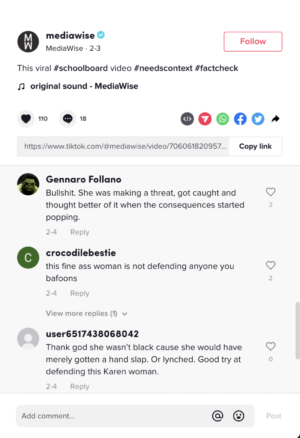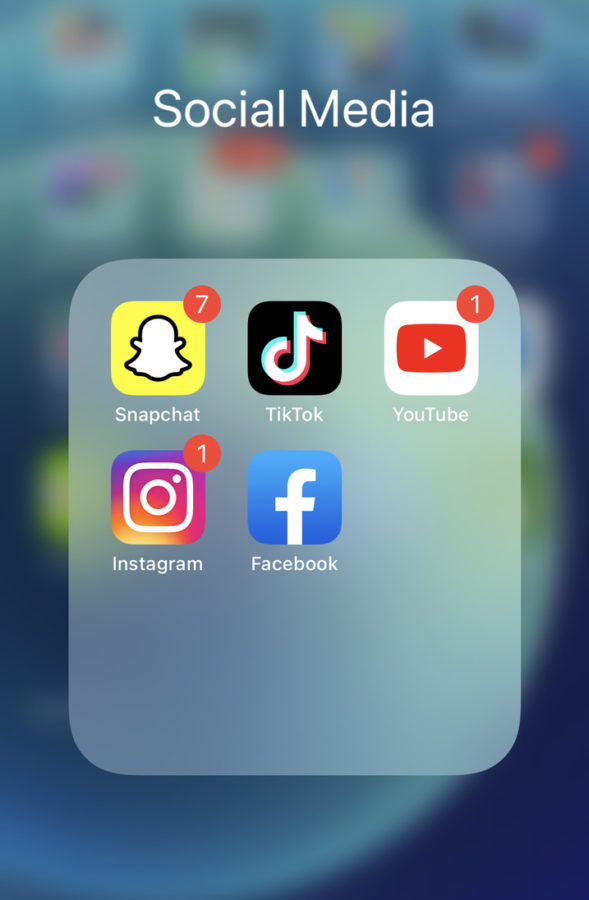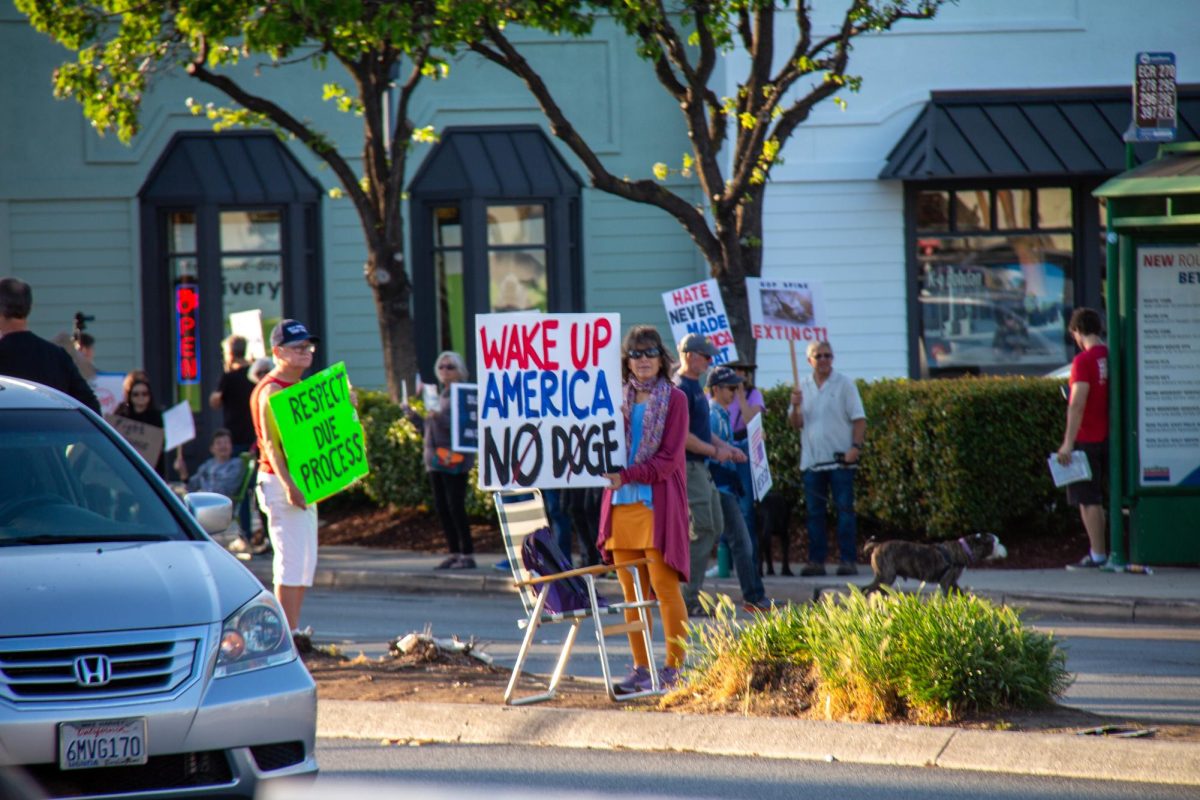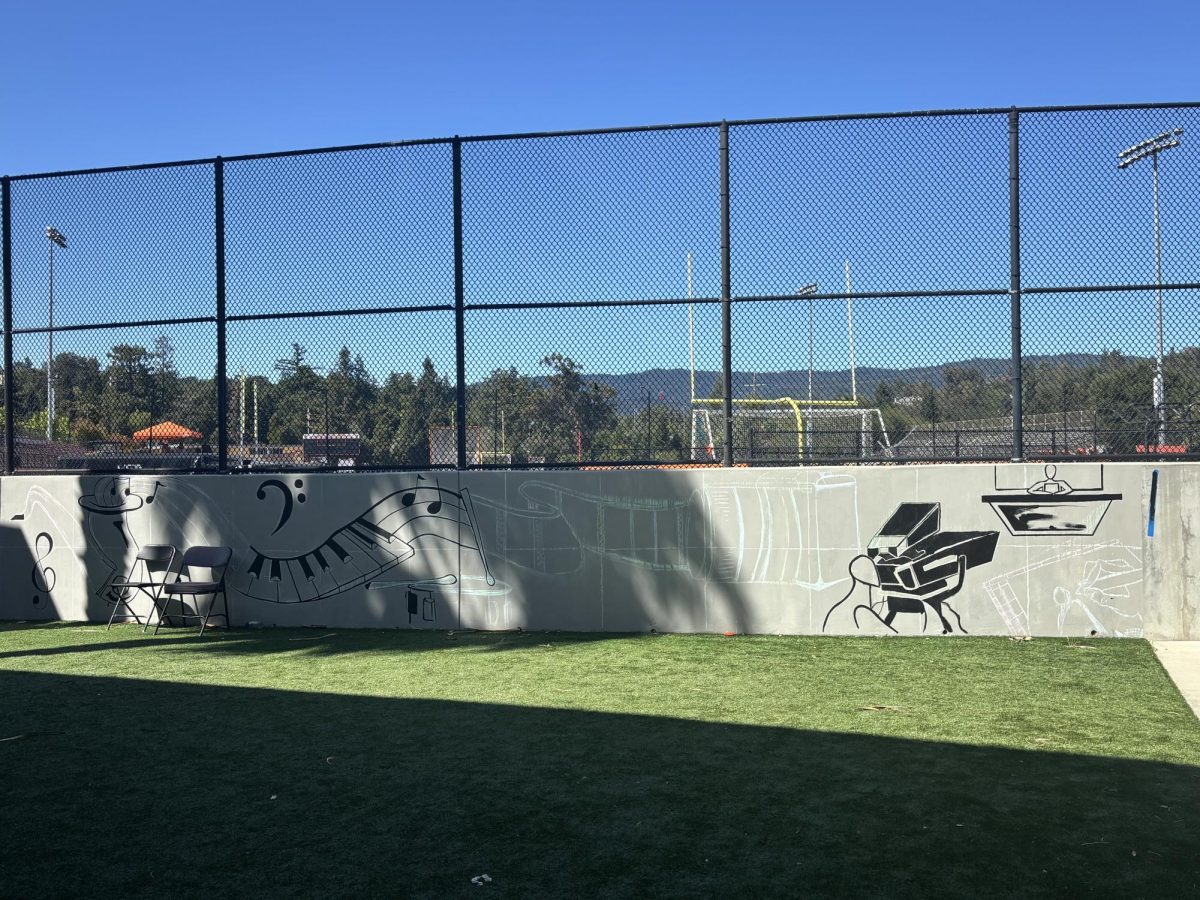After recent posts on social media platforms spurring viewers to partake in various dangerous activities like the “Orbeez Challenge,” students question whether social media needs more regulations.
In combat against various misinformation posts and challenges, the teen-based social media account MediaWise, a branch of Poynter news and journalistic company, creates posts to educate individuals on the truth. With accounts on Facebook, Instagram, TikTok, Twitter, and YouTube, and over 53 million views since 2018, MediaWise reaches nationwide, including here at Woodside. MediaWise’s teen-based outlook provides many opportunities for students at Woodside to gain job opportunities and educational insight to help other users of social media learn the true facts.
Through accepting a job at MediaWise, individuals learn digital media literacy and fact-checking skills to create engaging posts for various ages. For junior Gabriel Perez, an editor for MediaWise’s YouTube channel, the job’s unique approach to social media provided a challenge.
“I’ve done three projects so far,” Perez said. “They’ve been a lot of work. I get paid pretty well, but it’s definitely treated as a real job, so it’s a bit new to me. I’m still trying to learn how to do the whole process of editing and working with the hosts.”
While MediaWise provides a critical analysis of false posts, some viewers find the information upsetting. Certain posts tend to see mixed responses from the public, with both negative and positive comments.
“I do check the YouTube comments, and they’re very all over the place,” Perez said. “Sometimes they’re very positive, but I’ve also seen some negative ones. It’s very interesting because I’ve never seen them before. But, it’s definitely a big range of opinions public-wise.”
With immense freedom for viewers and creators alike to post sometimes hateful comments, as Perez noted, the question of whether social media needs more regulations remains. Currently, social media sites employ self-moderation commenting privileges for users as long as discriminatory, racist, offensive, or explicit content isn’t referenced. However, many viewers think that is not enough.

“More age content restrictions [should be put into place on social media sites],” freshman Madeline Lee said. “A lot of times I try to block accounts if they seem creepy. Then Instagram is like, ‘Oh, sorry. We received too many requests to do this.’ So accounts that are violent and inappropriate don’t get banned as much as they should.”
Additionally, fewer restrictions on social media sites allow individuals to easily attack others online without consequences through cyberbullying.
“[More regulations should be put on social media] because cyberbullying is very bad,” freshman Brooke Banks said.
Cyberbullying and hateful commenting create an invasive platform for users. In doing so, social media becomes a toxic environment.
“People don’t have to tell you face-to-face something,” freshman Camilla Jerng said. “They can just say something on some random account on social media.”
However, creating more regulations on social media sites also raises the problem of limiting the voices of users.
“I disagree with [creating] new regulation [for social media sites] because I think that a lot of what is deemed inappropriate is entirely subjective and that often adult content means gay people,” freshman Shay Brandes said.
Using subjective and biased opinions to create new regulations on social media sites contradicts the first amendment rights of individuals.
“[More regulations should not be put on social media] because of free speech,” freshman Habib Parduhn adds.
Despite varying opinions, social media remains a place for viewers to share their opinions. It is the user’s hope that this right isn’t abused.
“When [a social media post] cites violence, or hatred, or something like that, it should be censored,” Perez said. “But I think generally, the freedom of speech is what should be going on.”









